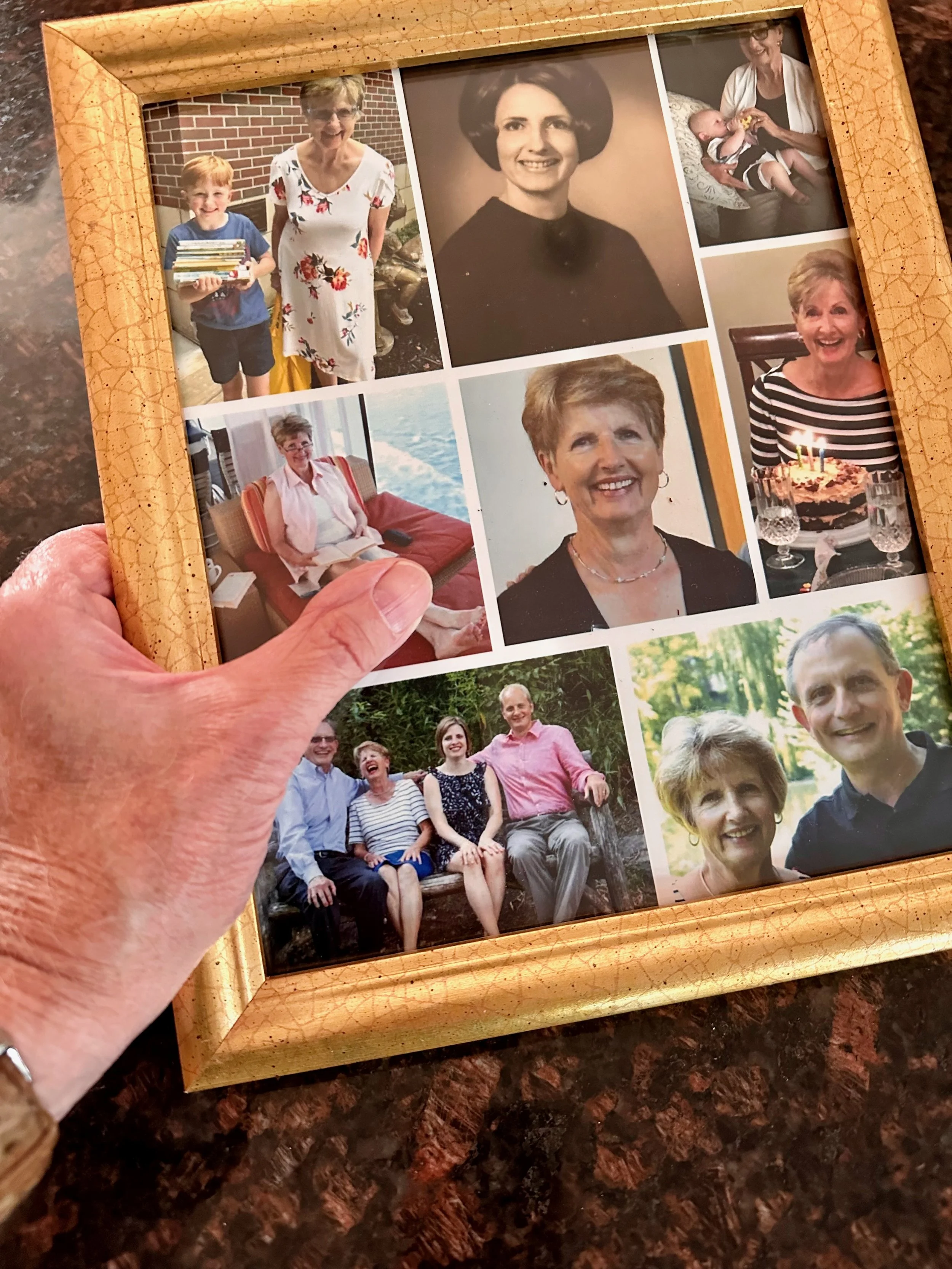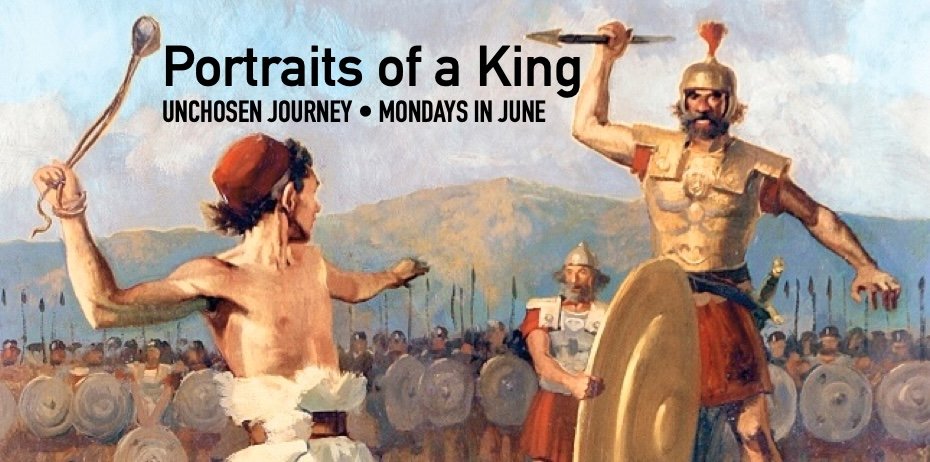Confirming today the truth of two conclusions reached long ago
“I’m proud of you, Mark,” my friend Rachel said to me Sunday, and I couldn’t imagine why. “You’ve been taking care of yourself,” she said, and then I understood.
Rachel and her husband, Mark, consult professionally with families seeking solutions for seniors who may no longer be able to live at home. They helped me find the place Evelyn is living now. We go to the same church, she reads this blog, and we comment on each other’s Facebook posts.
She sees something of how I’ve been conducting my life in the last 14 months and seems to think I’m doing some things right.
Her comment led me to think again about two conclusions I reached earlier on this journey. They continue to come home to me in fresh, new ways.
Self-care isn’t selfish
I didn’t think about self-care at first. I thought I was doing fine. But as the days got fuller with responsibilities I’d never before shouldered, I realized I needed help if I was going to survive. And I came to see I wouldn’t get the relief I needed if I wasn’t intentional about finding it.
I realize now I can’t serve Evelyn well by ignoring myself. This doesn’t ignore the fact that we caregivers owe our loved one consistent attention. It’s our duty to find every measure possible to sustain health, comfort, and even pleasure when possible. Providing all this demands sacrifice of personal goals and pastimes and some of our own pleasure. That’s certainly been true for me. But it need not—I’m convinced it dare not—require us to sacrifice everything.
It may seem we’ll be providing this care forever, but that’s rarely true. And so I’ve challenged myself to think about the future.
• What will my life look like when my caregiving days are finished?
• What will I be thinking about when I’m no longer checking doctors and medicines and monitoring ever-changing evidence of dysfunction?
• Will my brain atrophy along with Evelyn’s body?
• Will my own ability to analyze and create decline just as her cognitive function withers away?
I decided early on to keep writing, serving, going to church, and interacting with others. Sometimes those opportunities have been limited by the priority of my responsibilities to Evelyn. They’re growing now that others are providing most of her hands-on care. Maybe someday my involvement with others now will pave the way for even greater opportunities in the future.
In any case, I know my mind and will are freer to tend to Evelyn’s care when I give myself space for something else. I’m not being selfish to nourish myself.
The past is . . . past!
This decision, along with a dozen others, is an acknowledgement that things are different now. I can travel, but not with Evelyn. I can attend a concert or a ball game, but she won’t be along. I can enjoy a dinner with friends, but those friends will see Evelyn only in 30-minute snatches as they try to engage her in her wheelchair where she’s living now. Even five years ago, I wouldn’t have predicted this.
We let go of yesterday so slowly.
I’ve written about how I just couldn’t get around to giving away all Evelyn’s clothes she’ll never wear again. But I’ve done that now, without drama, and I’m pleased about the way my reorganized closet is shaping up.
We’ve celebrated a year’s worth of holidays without setting a place at the table for Evelyn. She just could not get here safely or be here happily. As much as we wish we could enjoy family and friends’ gatherings as we did five or ten years ago, we must acknowledge this is impossible.
But it often takes time to recognize what’s unworkable or unwise. Every week I hear another story about a couple in their 80s or 90s struggling to live alone in the house they’ve occupied for decades. The time to donate, divest, and move was years ago, but now the task seems impossible. Clinging to the past has beggared their future.
I understand. Our comfortable habits and surroundings seem safe; an unfamiliar future feels frightening. But we really have no choice about whether we’ll experience change, only how we’ll respond to it.
I’m still working on this. I still find myself assuming that how things are with Evelyn is how they’ll always be. I still must step back and take a deep breath when I’m confronted by some change in her condition or care that I hadn’t seen coming. I try to be patient with myself as I determine to figure out the next, best moves.
And I am moving forward, probably not perfectly, but I realize standing still or fixating on the past are always wrong. It’s a journey, and I can only guess at what the next steps will be.


